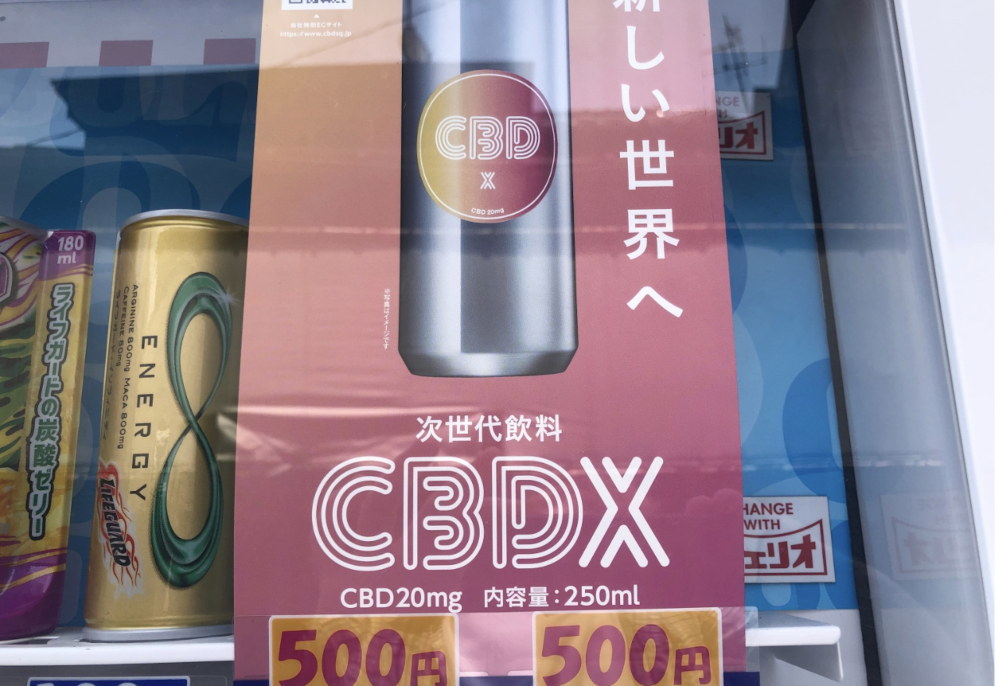Japan’s CBD market reached more than $170 million (¥27 billion) last year, and further growth is anticipated following the enactment of changes in the nation’s main cannabis law, according to a new report.
Market researcher Euromonitor International said expansion in the Japanese CBD market – which has ballooned by 600% since 2019 – can be expected to continue following amendment of the Cannabis Control Law by the Japanese Parliament late last year.
Under the changes, hemp-derived medical products are being decriminalized – although the amendment also closes a loophole in current regulations to explicitly ban recreational marijuana. Medical marijuana also remains illegal.
Medical grade only
Central to the law’s update is a provision that will technically allow the domestic production of hemp-derived medical-grade cannabinoids – mainly prescription-only CBD – but specific rules for such production are not yet entirely clear.
It also remains unclear if the update to the Cannabis Control Law will legitimize the import and sales of over-the-counter CBD extracts – which make up the bulk of legal cannabis sales in Japan – as those regulations are also still being developed.
Under current Japanese rules, only products made from hemp seeds or stalks may be legally imported for non-pharma-grade products. But that did not stop importers and sellers from simply labeling their CBD products as coming from hemp stalks when in fact they were made from flowers – as law enforcement agencies often turned a blind eye.
Brisk business
Japanese consumers buying CBD before 2021 were those who wanted to get high but who didn’t have the option. So CBD sales flourished until the introduction of hemp-derived psychoactive substances such as delta-8 THC and HHC hit the market.
The government eventually did start cracking down on the intoxicating hemp compounds but law agencies have said reining in the products containing those unregulated substances is like playing “whack-a-mole.”
As many as 150 companies are believed to be involved in the CBD trade in Japan as importers or distributors of products sold online and in physical retail outlets, and Euromonitor estimates there are 588,000 regular CBD users.
Will big players come?
The revision of the Cannabis Control Law could attract major companies to enter the market by 2024, according to Euromonitor senior analyst Aya Suzuki.
Suzuki told the Japan Times that major companies, including UHA Mikakuto and Cheerio have already launched CBD-infused gummies and drinks in certain regions and sales channels.
“Despite challenges in ensuring quality, complying with regulations, and educating consumers, CBD sales are projected to outpace the illicit cannabis market by 2026, driven by increasing health and wellness awareness among consumers seeking alternatives to traditional products like cigarettes and alcohol,” Suzuki wrote in a summary of the Euromonitor report.
She said the growing presence of CBD across various sectors, including health & beauty, and food & drinks, should reshape societal perceptions of CBD and cannabis.
Safety concerns
Still, concerns over product safety and regulatory compliance persist, highlighted by incidents such as illnesses linked to CBD-infused gummies containing the psychoactive compound HHC which were widely reported last year.
Suzuki said Japanese companies that source CBD product ingredients from abroad have increasingly seen their products disposed of by customs officials because they either believe the products contain – or the products were found to contain – THC.
“The year 2023 marked a pivotal moment for cannabis in Japan, signaling a potential turning point for the country’s CBD market,” Suzuki wrote. “Key to the market’s success will be companies’ ability to educate consumers about the benefits of CBD products, emphasizing compliance, quality control, and scientific evidence.”

